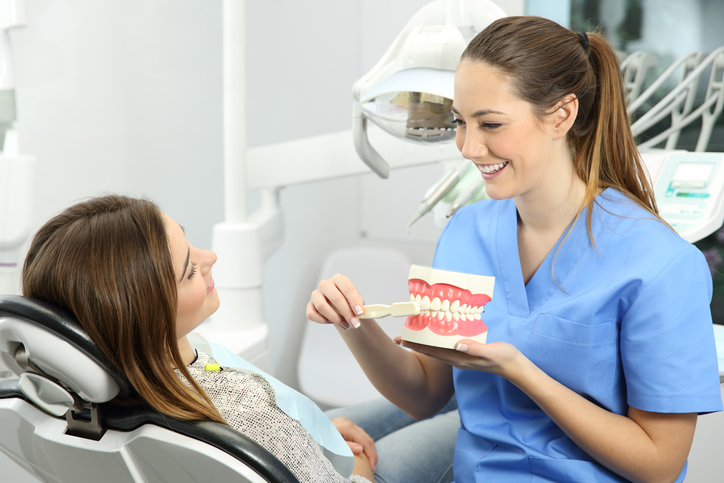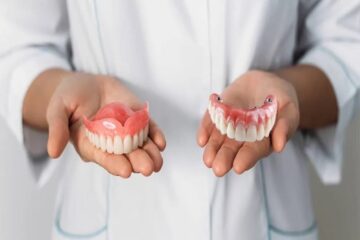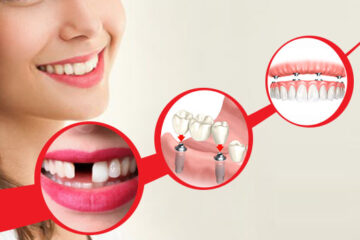5 Dentist’s Tips To Maintain Dental Hygiene

Our ability to speak, eat, smile, and express emotions is all impacted by oral health. A person’s attendance at work or school, academic performance, and sense of self-worth are all affected by their oral health. Millions of Americans suffer from pain and disability as a result of oral diseases, which can vary from gum disease and cavities to oral cancer, and they also cost taxpayers billions of dollars annually.
Maintaining good dental health requires lifelong care. Even if you’ve been told that your teeth look good, it’s still important to take daily precautions to keep them healthy and avoid issues. This involves making considerate daily habit changes and purchasing the proper oral care products. Speak to a Dentist in Bristol, Connecticut, if you want to make an appointment.
Tips to maintain dental hygiene
- Go to bed after brushing your teeth.
Try to brush at least two times per day. Many of us still forget to brush our teeth at night. However, brushing right before bed eliminates the bacteria and plaque that build up during the day.
- Brush properly.
Brushing your teeth properly is essential; brushing in an improper manner is almost as bad as not brushing at all. To remove plaque, take your time and use light, circular motions with the toothbrush. Gingivitis, an early gum disease, and calculus accumulation can occur from hardened left-over plaque.
- Don’t forget to brush your tongue.
Your tongue can also accumulate plaque. This may result in other oral health issues besides foul mouth odor. Each time you brush your teeth, gently go over your tongue with your toothbrush as well.
- Use fluoride toothpaste.
There are more factors to consider than just flavors and whitening power when choosing toothpaste. Whichever version you choose, make sure that it has fluoride in it.
Fluoride is still essential for maintaining good oral health despite concerns about its effects on other aspects of health, which have brought attention to it. This is because fluoride is one of the best defenses against tooth decay. It functions by battling microorganisms that cause tooth decay and shielding your teeth from harm.
- Treat flossing as important as brushing.
Many people who brush often forget to floss. As Jonathan Schwartz, DDS, notes, flossing is not limited to removing food particles or broccoli that may be lodged between your teeth. It increases gum stimulation, lessens plaque buildup, and reduces inflammation around the area.
To get these benefits, flossing once a day is usually sufficient.












